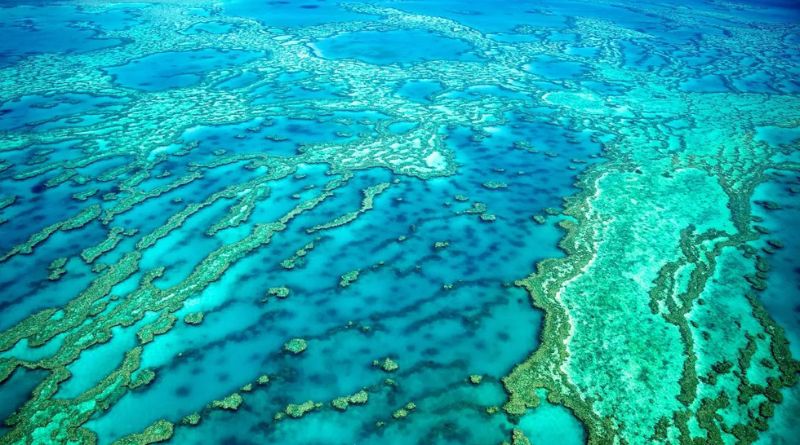The Great Barrier Reef is one of the most awe-inspiring natural wonders of the world. Spanning over 2,300 kilometers (1,400 miles) along the coast of Queensland, Australia, it is the largest living structure on Earth and can even be seen from outer space. This magnificent reef is not only a breathtaking sight but also a critical component of our planet’s ecosystem. Let’s dive into eight incredible facts about the Great Barrier Reef that highlight its importance and beauty.
The Largest Living Structure on Earth
The Great Barrier Reef holds the title of the world’s largest living structure. This massive coral reef system stretches for over 2,300 kilometers, making it larger than the Great Wall of China and the only living thing on Earth visible from space. Its sheer size and complexity are a testament to the incredible diversity of life it supports.
Home to Unbelievable Diversity

The Great Barrier Reef is a biodiversity hotspot, teeming with life. It provides habitat for over 1,500 species of fish, 411 types of hard coral, 134 species of sharks and rays, and six of the world’s seven species of marine turtles. This incredible variety of marine life makes the reef a vital part of the ocean’s ecosystem and a paradise for marine biologists and nature enthusiasts alike.
Created by Tiny Organisms
The Great Barrier Reef is the work of tiny marine organisms called coral polyps. These small creatures deposit calcium carbonate to form a hard exoskeleton that supports and protects their soft bodies. Over time, the accumulation of these exoskeletons creates the vast and intricate structures that make up the reef. It’s fascinating to think that such a monumental natural wonder is built by organisms so small you can barely see them with the naked eye.
Older Than the Rainforests

The Great Barrier Reef is ancient, estimated to be between 18 and 25 million years old. This makes it much older than the Amazon rainforest! Its age underscores the importance of preserving this natural wonder, as it has taken millions of years to develop into the complex and diverse ecosystem we see today.
Provides a Natural Breakwater
The Great Barrier Reef plays a crucial role in protecting the coast of Queensland from damaging cyclones and erosion. The reef absorbs the energy of waves, reducing their power before they reach the shore. This natural breakwater helps to safeguard coastal communities and ecosystems, highlighting the reef’s importance beyond its biodiversity.
Economic Importance
The Great Barrier Reef is a major tourist destination, attracting millions of visitors each year. It is estimated to generate billions of dollars in tourism revenue annually. Additionally, the reef supports commercial fishing and provides jobs for thousands of people. Its economic significance is immense, underlining the need for sustainable practices to ensure its continued health and productivity.
Vulnerable to Climate Change

Despite its beauty and resilience, the Great Barrier Reef is under threat from climate change. Rising water temperatures and ocean acidification can cause coral bleaching, where corals lose their vibrant colors and turn white. If the stress continues, corals can die, leading to a loss of habitat for many marine species. Protecting the reef from the effects of climate change is critical for preserving its biodiversity and ecological function.
Conservation Efforts
There are many efforts underway to protect the Great Barrier Reef. These include reducing pollution, managing fishing activities, and raising awareness about the importance of the reef. Various organizations and governments are working together to implement strategies that can help mitigate the impacts of climate change and other threats. Conservation efforts are essential to ensure that this natural wonder can be enjoyed by future generations.




